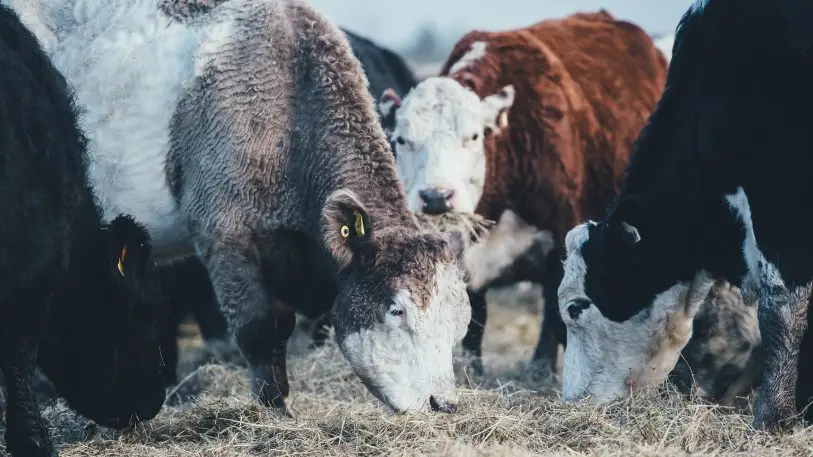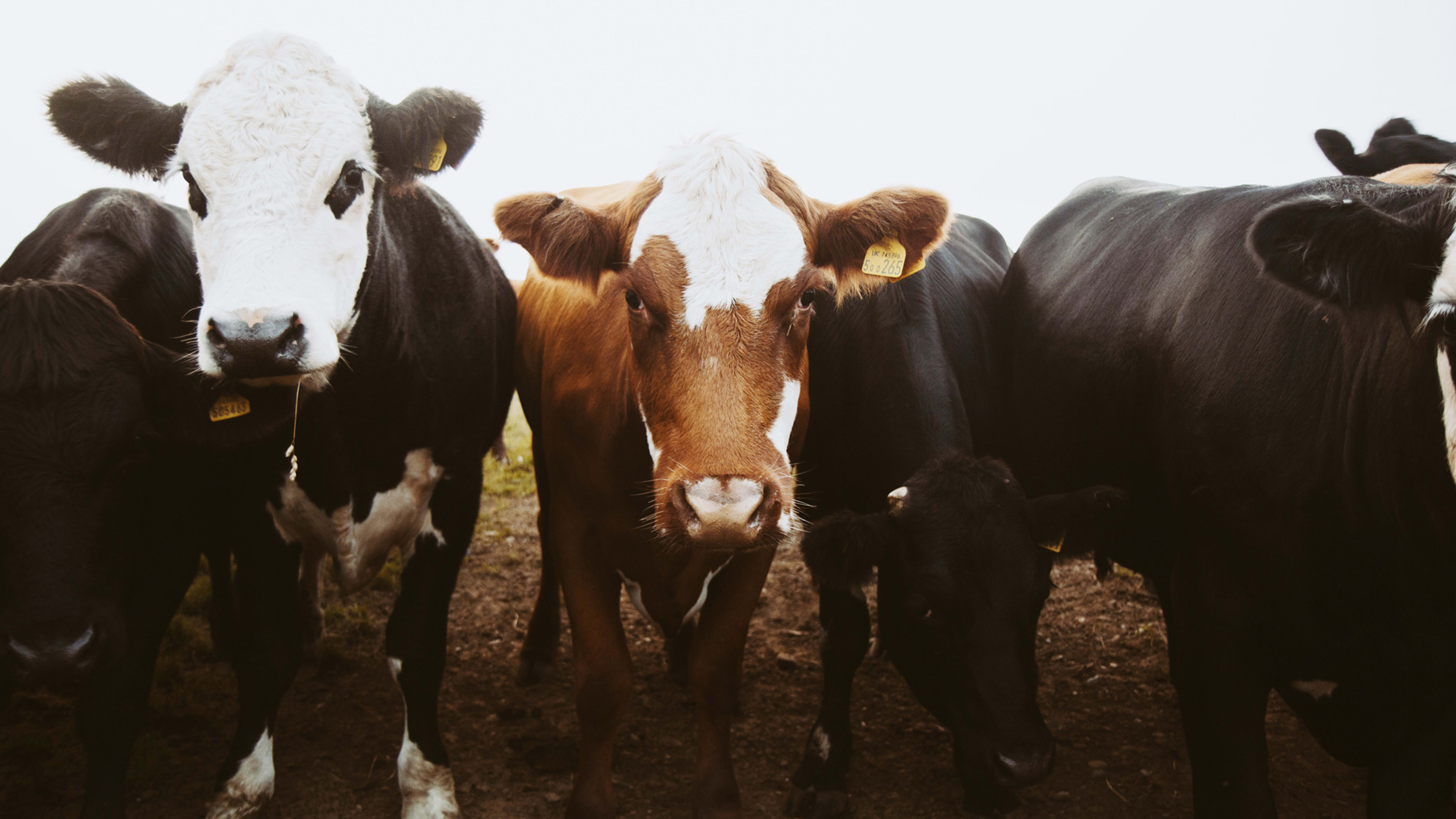In 2016, Subway stopped serving chicken sandwiches made from chickens raised with antibiotics. McDonald’s did the same with chicken sandwiches, salads, and Chicken McNuggets in the U.S. (It now plans to expand its ban on chicken raised with antibiotics worldwide.) Perdue Farms, a major poultry producer, also phased out antibiotics that year. Others, like Chipotle, have had a ban in place longer.
Still, around 70% of medically important antibiotics–those that are needed to treat people–are used in farm animals, not humans, and their overuse in agriculture is one of the major reasons that antibiotics are becoming less effective, making it more likely that people can die from routine infections. By 2050, if business continues as usual, an estimated 10 million people could die every year from a drug-resistant disease. A new report explains how farms could fix their end of the problem.
“Antibiotic resistance is kind of a numbers game,” says David Wallinga, a physician and senior health officer at the Natural Resources Defense Council, one of the organizations that assisted an outside panel of experts that prepared the report. “The more you use the antibiotics, the more you’re basically helping to spur the development and spread of resistance to those antibiotics.”

When drugs used to treat human infections are also regularly used en masse on farms, each animal’s gut “basically acts as a petri dish” for bacteria that can evolve so the drugs stop working, Wallinga says. Bacteria can then spread from animal poop to farm workers, soil fertilized with the manure, or runoff that contaminates waterways. When researchers from Johns Hopkins Bloomberg School of Public Health drove behind poultry trucks in cars with the windows open, they later found antibiotic-resistant bacteria in the air inside the cars and resting on soda in the car’s cup holders.
The report, written by a panel of health experts and veterinarians, recommends that routine use of antibiotics should be phased out in animals. Some diseases can be prevented by vaccines rather than a constant dose of antibiotics. When animals are sick or there’s a disease outbreak, the report suggests that farms should use antibiotics that aren’t classified as important in human medicine.
“It’s not rocket science,” Wallinga says. “It’s things like: Let’s keep the animals healthier in the first place so they don’t get sick, not by using antibiotics in their feed, but by doing things like giving them better nutrition.”
The report also suggests that the government should have a better system for collecting detailed data on antibiotic use in agriculture, and that it should improve its system for testing samples of meat for antibiotic-resistant bacteria. Genetic sequencing of all bacteria, for example, could help more quickly identify resistant genes.
The industry could improve quickly. The Netherlands used antibiotics in farming as intensively as the U.S. in 2008, but cut that use 64% between 2009 and 2016 while producers still maintained or increased production levels and profits.
While some of the changes would be best accomplished through policy, food companies and their consumers can also take initiative themselves. Several large restaurant chains have tackled antibiotic use in chicken, for example, but haven’t yet made commitments to phase out their use in beef or pork.
Recognize your brand’s excellence by applying to this year’s Brands That Matter Awards before the early-rate deadline, May 3.
